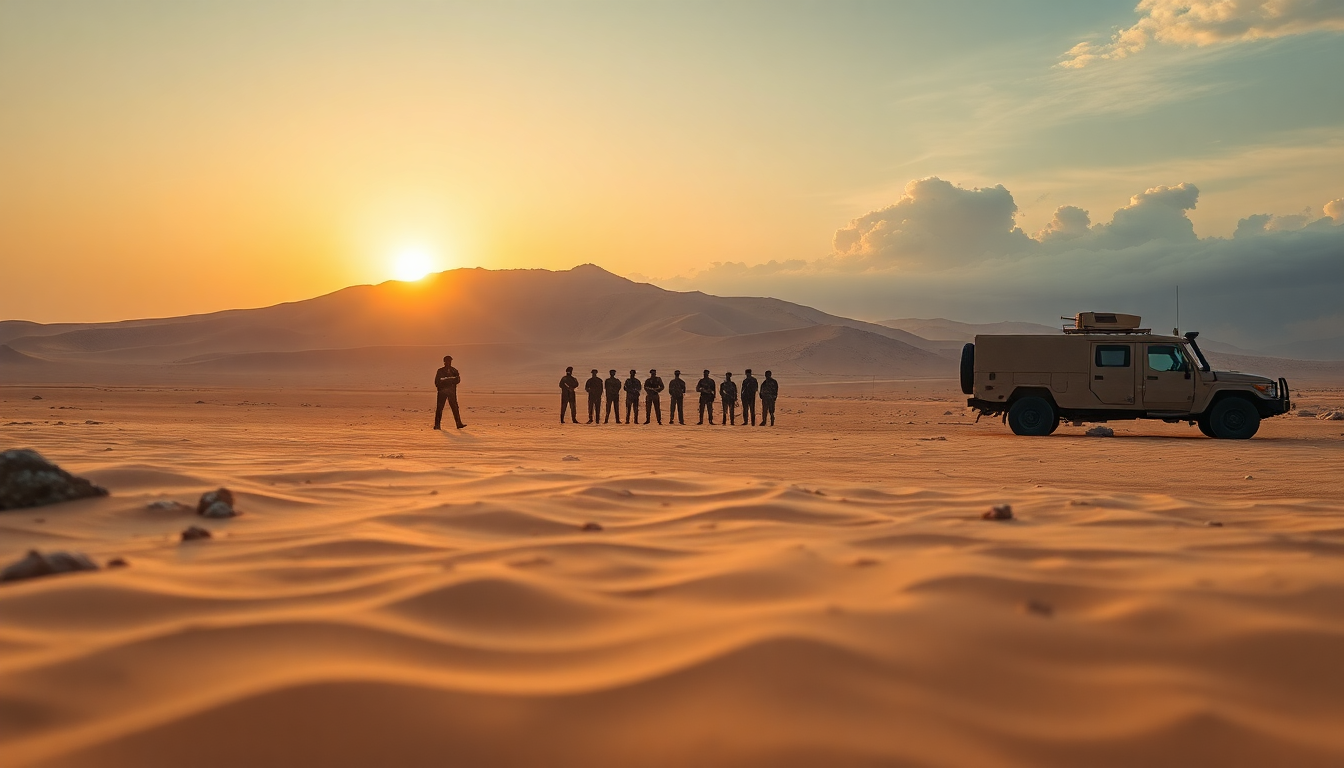Table of Contents
As the geopolitical landscape in the Middle East shifts dramatically, Pakistan finds itself at a crucial crossroads, navigating the implications of the escalating conflict between Israel and Iran. The recent military exchanges, including missile strikes and rising casualties, have not only intensified tensions in the region but also raised serious concerns for Pakistan, especially regarding its border with Iran and the potential for increased instability in Balochistan. In this article, we’ll explore Pakistan’s diplomatic moves, its historical ties with Iran, and what this all means for its national security.
What’s Happening with the Israel-Iran Conflict?
In January 2024, relations between Pakistan and Iran took a hit when missile strikes were exchanged, marking a sharp escalation between the two nations. Fast forward 17 months, and the situation has worsened even further. Israel has launched an aggressive campaign targeting Iranian nuclear facilities, leading to widespread condemnation from Islamabad. Pakistan’s Ministry of Foreign Affairs has labeled these Israeli actions as blatant violations of Iranian sovereignty, urging the international community to step in and uphold international law.
The ongoing violence has resulted in significant human casualties, with over 220 reported deaths in Iran due to Israeli strikes, alongside retaliatory actions from Tehran. This conflict raises alarms not just for Iran but also for Pakistan, which shares a lengthy border and deep-rooted historical ties with its neighbor. Analysts warn that the fear of Israeli military influence creeping closer to Pakistan’s borders is a major concern for Islamabad, leading to the closure of several border crossings in Balochistan to manage potential security threats. Isn’t it alarming how interconnected these situations can be?
Pakistan’s Strategic Interests and Regional Stability
Pakistan’s foreign policy is heavily influenced by its geographical and strategic interests in Balochistan, a region that has long been a hotbed for secessionist movements. With its vast natural resources and the strategic Gwadar port, Balochistan is vital to Pakistan’s economic ambitions, particularly regarding the China-Pakistan Economic Corridor (CPEC). However, the ongoing conflict amplifies fears of instability, as armed groups on both sides of the Iran-Pakistan border could exploit the chaos, leading to increased cross-border violence.
Moreover, the ethnic and sectarian dynamics within Pakistan complicate its diplomatic stance. With a significant Shia population, openly supporting military actions against Iran could ignite domestic unrest and exacerbate existing sectarian tensions. This delicate balance highlights Pakistan’s cautious approach to the Israel-Iran conflict, as it strives to maintain regional stability while avoiding entanglement in a protracted military engagement. How does a country find the right path when so many factors are at play?
Diplomatic Efforts and What Lies Ahead
Given these challenges, Pakistan has shown a willingness to act as a mediator, with Foreign Minister Ishaq Dar emphasizing ongoing discussions with Iranian officials. This potential for negotiations offers Pakistan a chance to position itself as a key player in regional diplomacy, advocating for peace over conflict. However, experts caution that Islamabad’s ability to mediate has its limits, especially as it works to rebuild relationships with the United States, which is Israel’s primary ally.
As the situation continues to evolve, the international community’s role will be crucial in shaping the course of the conflict. Pakistan’s worries about the implications of Israeli air superiority over Iranian airspace are valid; any escalation could destabilize security on Pakistan’s western front. The looming threat of a refugee influx from Balochistan, worsened by the ongoing conflict, poses additional challenges, as history shows that large movements of people could further strain Pakistan’s resources and security apparatus.
In conclusion, Pakistan’s navigation of the Israel-Iran conflict reflects a broader struggle to balance its national interests, regional security, and diplomatic relationships. The coming months will be pivotal for Islamabad as it assesses its role amid shifting alliances and rising tensions in the Middle East. What will be the next chapter in this complex saga? Only time will tell.


